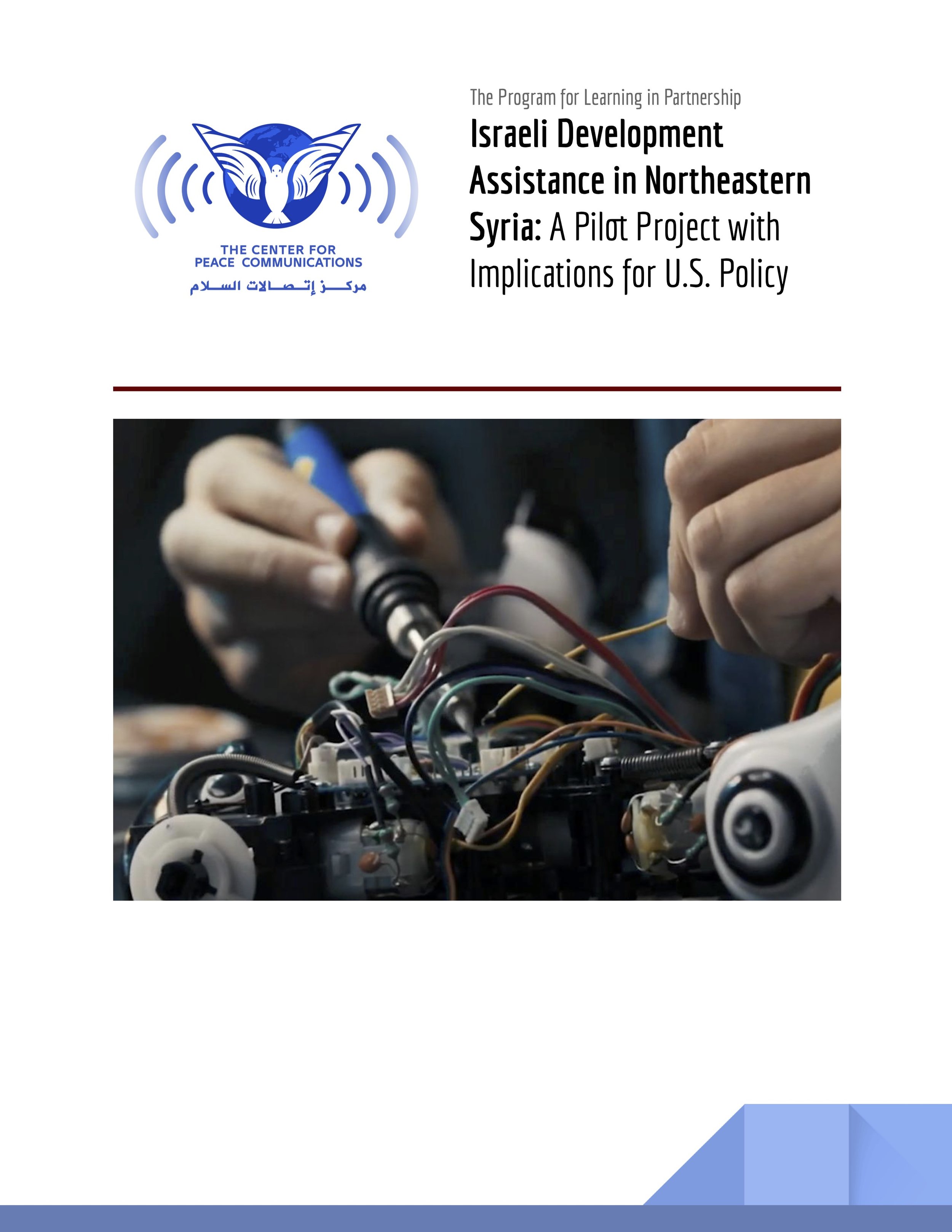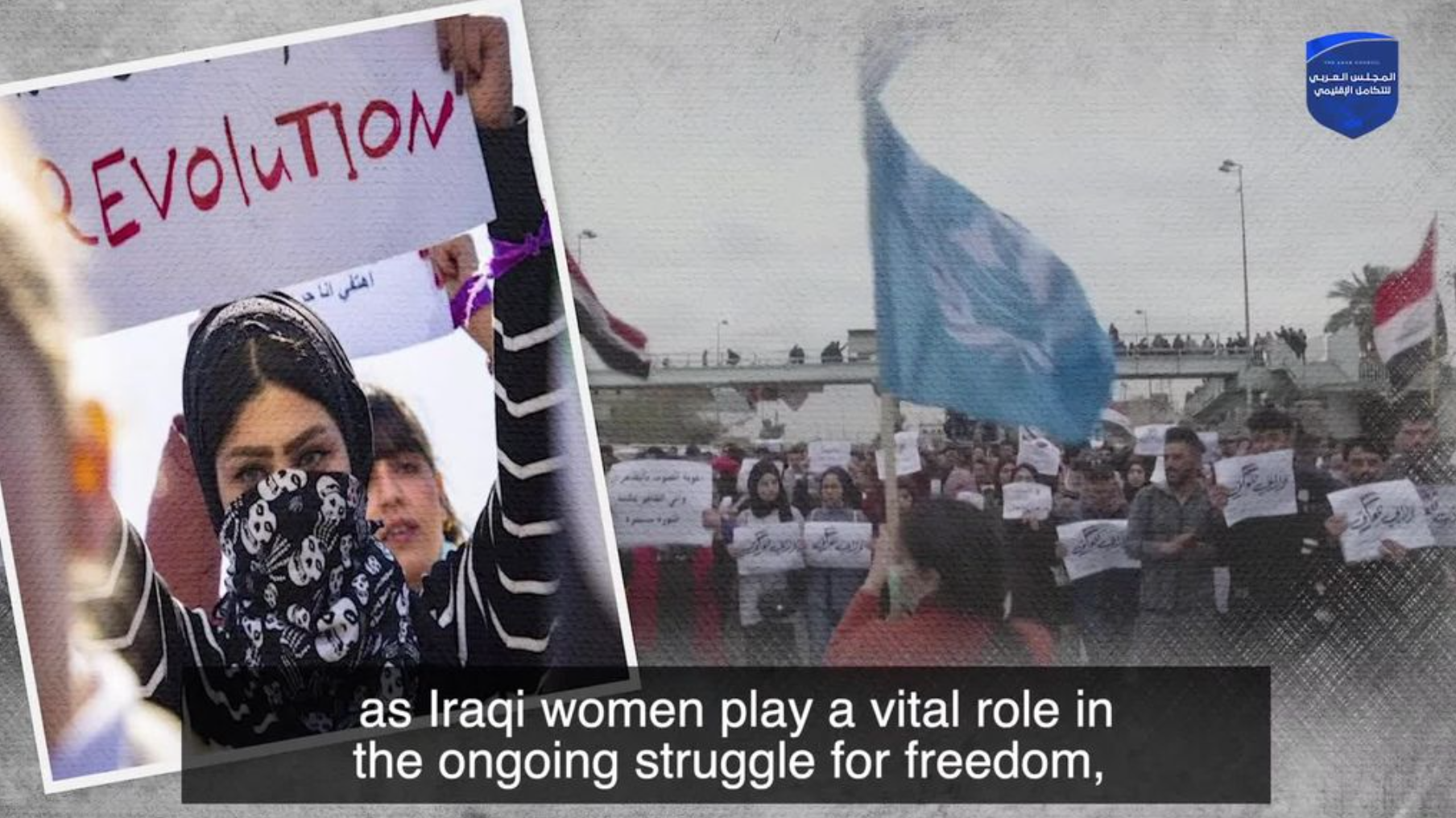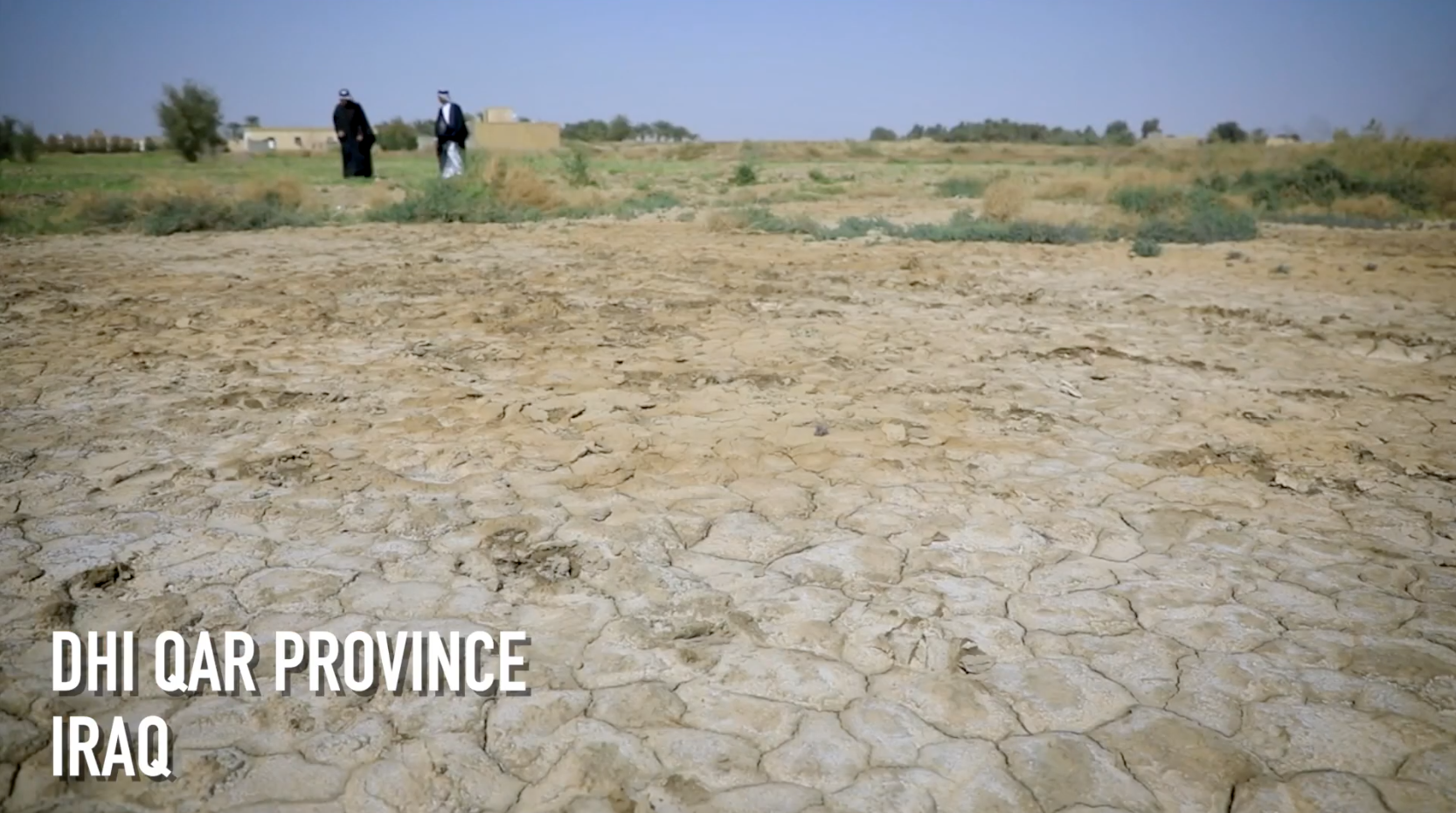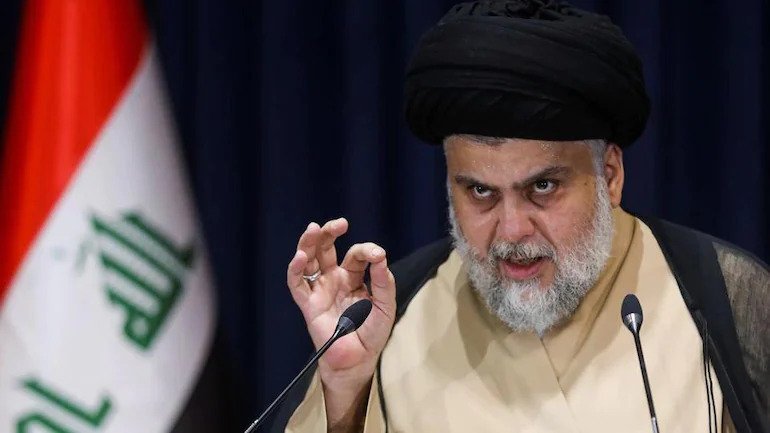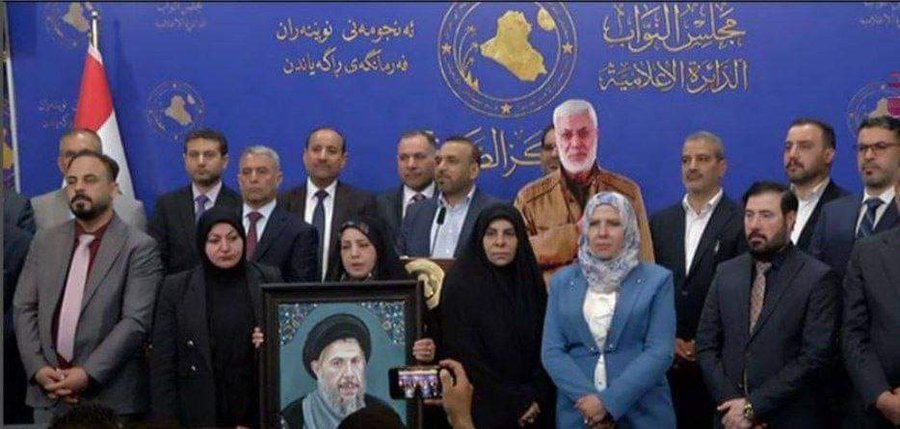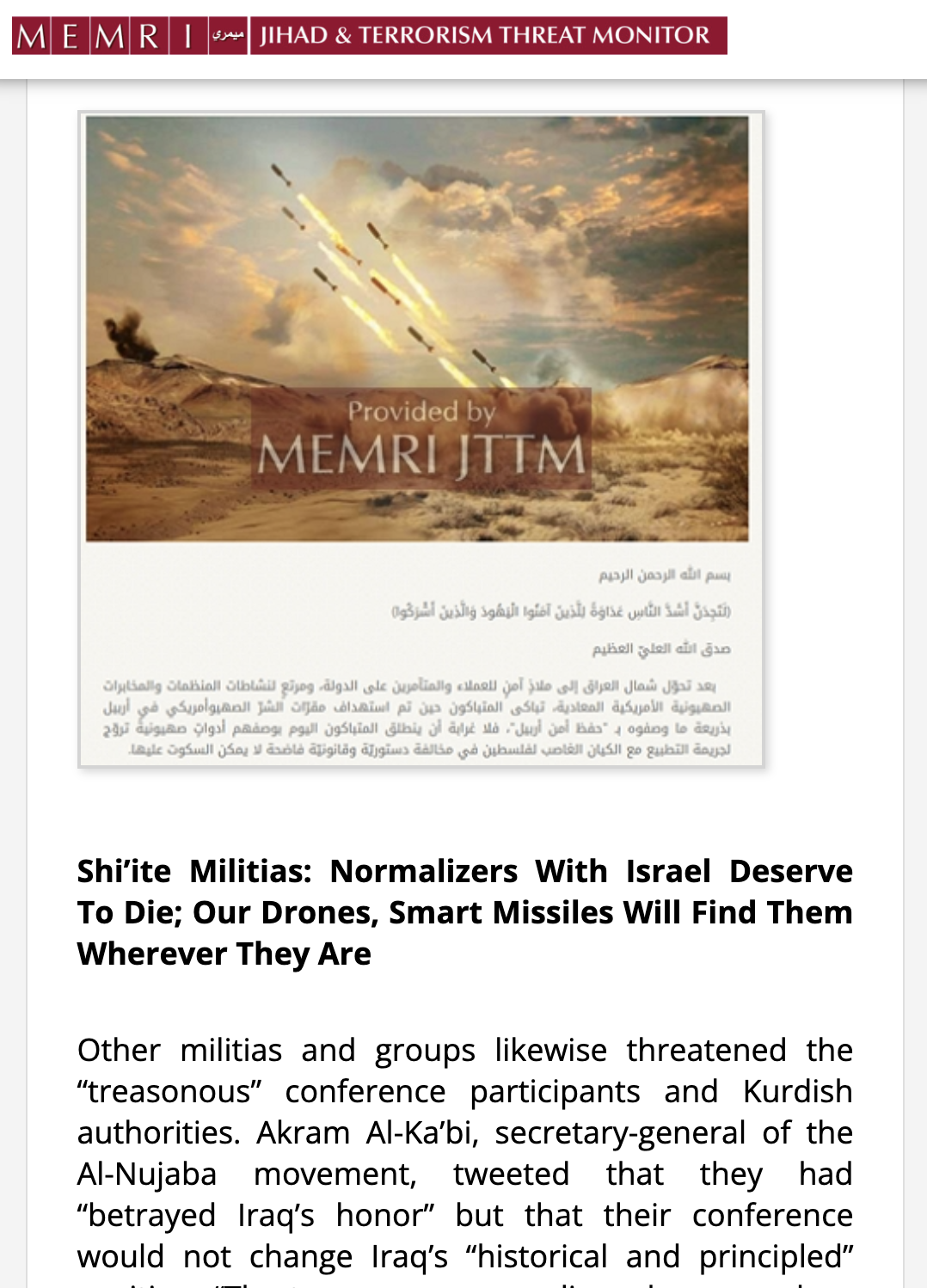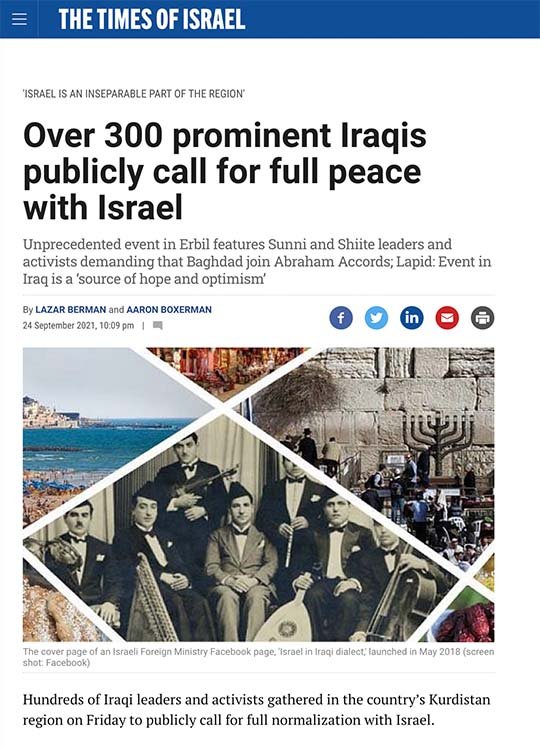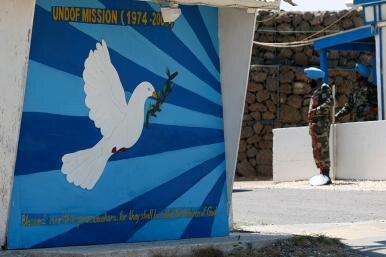
Blog
For decades across the Middle East and North Africa, Arab states and Islamist movements have employed brainwashing, violent intimidation, and draconian “anti-normalization laws” to arrest human relations between their societies and Israeli citizens. This edifice of estrangement not only blocked Israeli civil engagement with the many Arabs whose governments did not recognize the Jewish state; it also ensured a “cold peace” in Egypt and Jordan, where diplomatic and security ties with Israel did not mature into a peace between peoples.
Israeli author Yossi Klein Halevi’s 2018 book, Letters to my Palestinian Neighbor, combined an earnest, introspective and sometimes self-critical narration of Israelis’ shared identity with a message of curiosity and empathy for Palestinians. Through the vehicle of the internet, thousands of Arabs were able to download an Arabic translation of the book, and hundreds of Palestinians responded directly to Halevi with letters of their own.
Amid Iraq’s political crisis and collapsed healthcare sector, Iraqi and Israeli doctors came together to envision partnerships that place human life above ideology.
To support development in Syria’s liberated northeast, the Arab Council helps local engineers remove landmines and boost agricultural yields — with help from an unlikely teacher.
As part of its Program for Learning in Partnership, the CPC convenes Iraqi, Israeli, and Syrian experts in their region’s water scarcity crisis to jumpstart cooperation.
As women lead a wave of people-driven change in Iran, the Arab Council convenes a panel of female activists in neighboring Iraq to discuss their plans.
To support development in Syria’s liberated northeast, the Arab Council helps local engineers remove landmines and boost agricultural yields — with help from an unlikely teacher.
As part of its Program for Learning in Partnership, the CPC convenes Iraqi, Israeli, and Syrian experts in their region’s water scarcity crisis to jumpstart cooperation.
CPC’s Samuel Tadros gathered Iraqi, Tunisian, and Israeli education specialists to exchange views about the state of education reform efforts across the region.
In May 2022, Iraqi cleric Moqtada Sadr proposed new bans on human contact with Israeli citizens, globally binding and enforceable against foreign companies.
In May 2022, Iraqi cleric Moqtada Sadr proposed new bans on human contact with Israeli citizens, globally binding and enforceable against foreign companies.
CPC hails the signing of an unprecedented U.S. law in defense of Arab civil peacemakers facing Arab government retribution.
A conference promoting normalization, organized by a little-known American group, prompted a furor, pointing to the volatility and danger in Iraqi politics.
Unprecedented event in Erbil features Sunni and Shiite leaders and activists demanding that Baghdad join Abraham Accords; Lapid: Event in Iraq is a ‘source of hope and optimism.
In July 2021, the CPC convened a roundtable discussion between U.S. policymakers and Lebanese influencers to discuss the problematics of Lebanon’s anti-normalization laws and possible remedies.
A panel of experts discuss Hezbollah’s efforts to neutralize the Abraham Accords by threatening and prosecuting Lebanese citizens who interact with Israelis, including expatriates living or working in Gulf countries.
Israeli author Yossi Klein Halevi’s 2018 book, Letters to my Palestinian Neighbor, combined an earnest introspection with a message of curiosity and empathy for Palestinians. Can the Letters phenomenon serve as a template for generating and sustaining empathic dialogue in other regional conflict zones?
In a lecture at the Harvard Kennedy School's Belfer Center on June 2, 2021, CPC president Joseph Braude observed that some Arab security sectors aim to promote positive change in their societies, and called on the U.S. government to engage them in the process. The Belfer Center Intelligence Project’s assistant director for research, Calder Walton, moderated the discussion.





